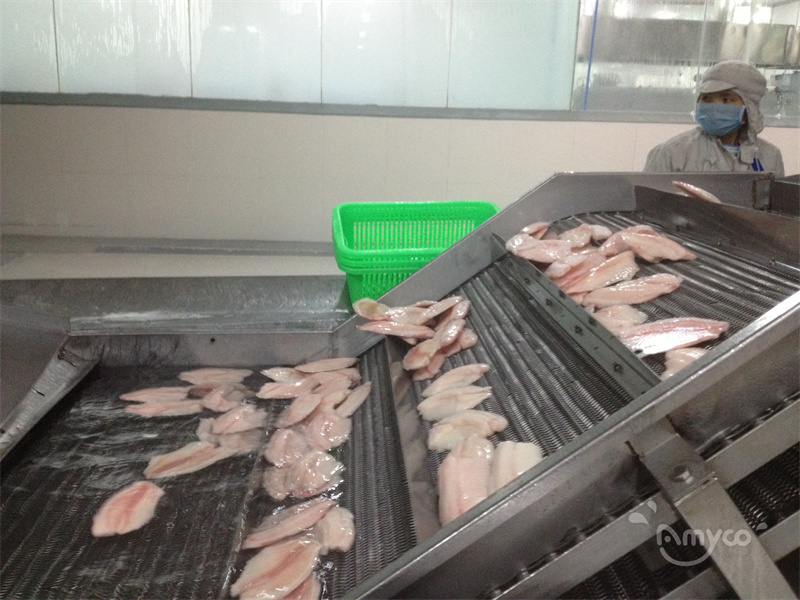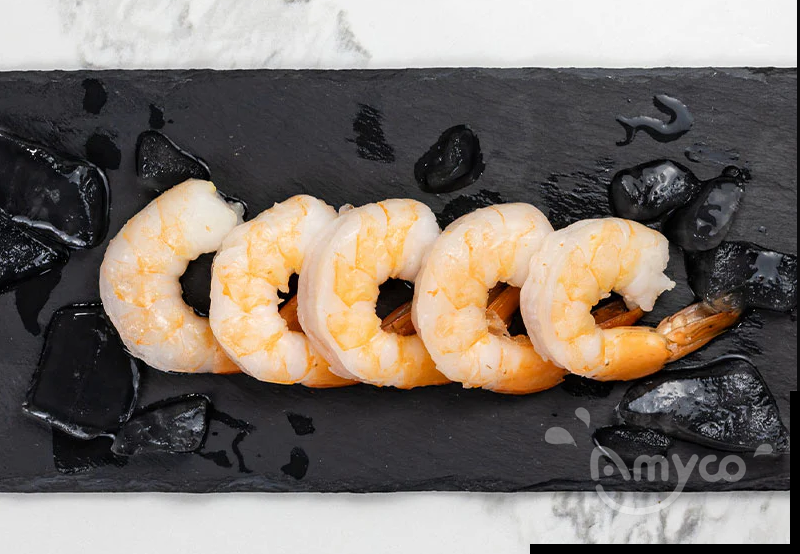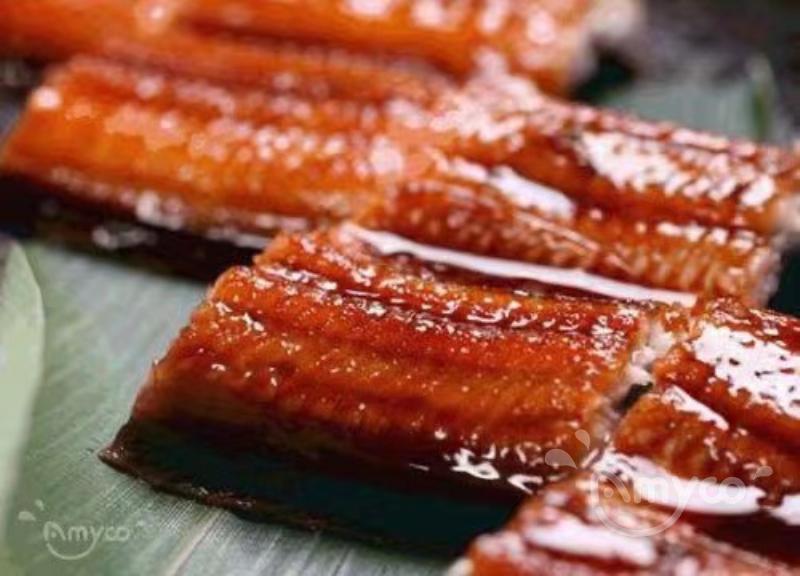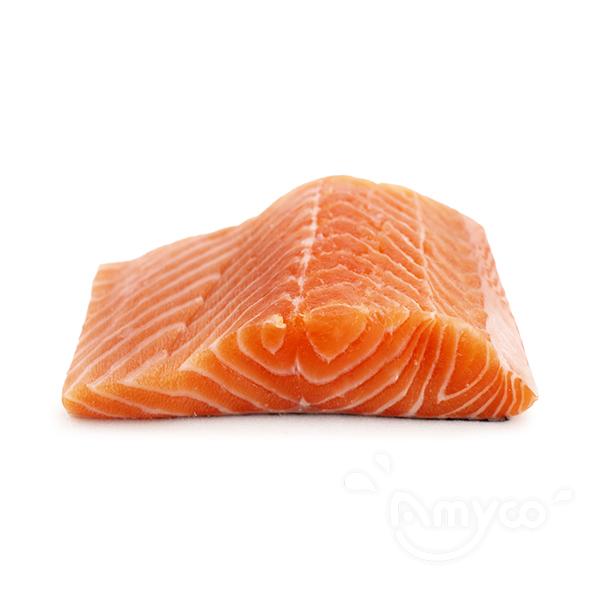The tilapia industry faces a severe test under high tariffs
After the US government announced high tariff on frozen tilapia products from China, major Chinese tilapia exporters still said they would stick to the US market.
Two large tilapia exporters in Hainan have made it clear that despite the unprecedented high tariff pressure, they have no plans to abandon US customers. An exporter from Hainan who did not want to be named said: "This reciprocal tariff is indeed beyond our expectations. As one of the main suppliers to the US market, we are actively evaluating the impact, but there is no plan to withdraw at present."
It is worth noting that although the Trump administration has announced the new tariff rates, there are still many uncertainties in the specific implementation details. Exporters pointed out that the implementation of the policy may involve the coordination and operation of multiple government departments such as the U.S. Customs and Border Protection Agency. Another Hainan exporter added: "It is difficult to make a final judgment at this stage, and many operational details still need to be clarified."

Exporters expressed strong concerns about orders that are being executed. "How should signed orders be handled? How should goods in transit be taxed? The government has not given a clear explanation so far. We believe that signed orders and goods in transit should not be subject to new tariffs, otherwise it will seriously violate international trade practices."
At the same time, tilapia exporters in Guangdong expressed deep concerns about the impact of high tariffs. A Guangdong exporter said frankly: "The previous 45% tariff has made our business difficult, and now it has been raised to higher ,which is simply adding insult to injury." This statement reflects the survival pressure faced by small and medium-sized export enterprises.
Industry analysts pointed out that China's tilapia industry is facing severe challenges. On the one hand, major exporters hope to maintain their position in the industry by maintaining their market share; on the other hand, high tariff costs have severely compressed the profit margins of enterprises. It is possible that some companies will be forced to adjust their market strategies or shift their business focus to other regions in the future.
Reference: YUYIPAI





